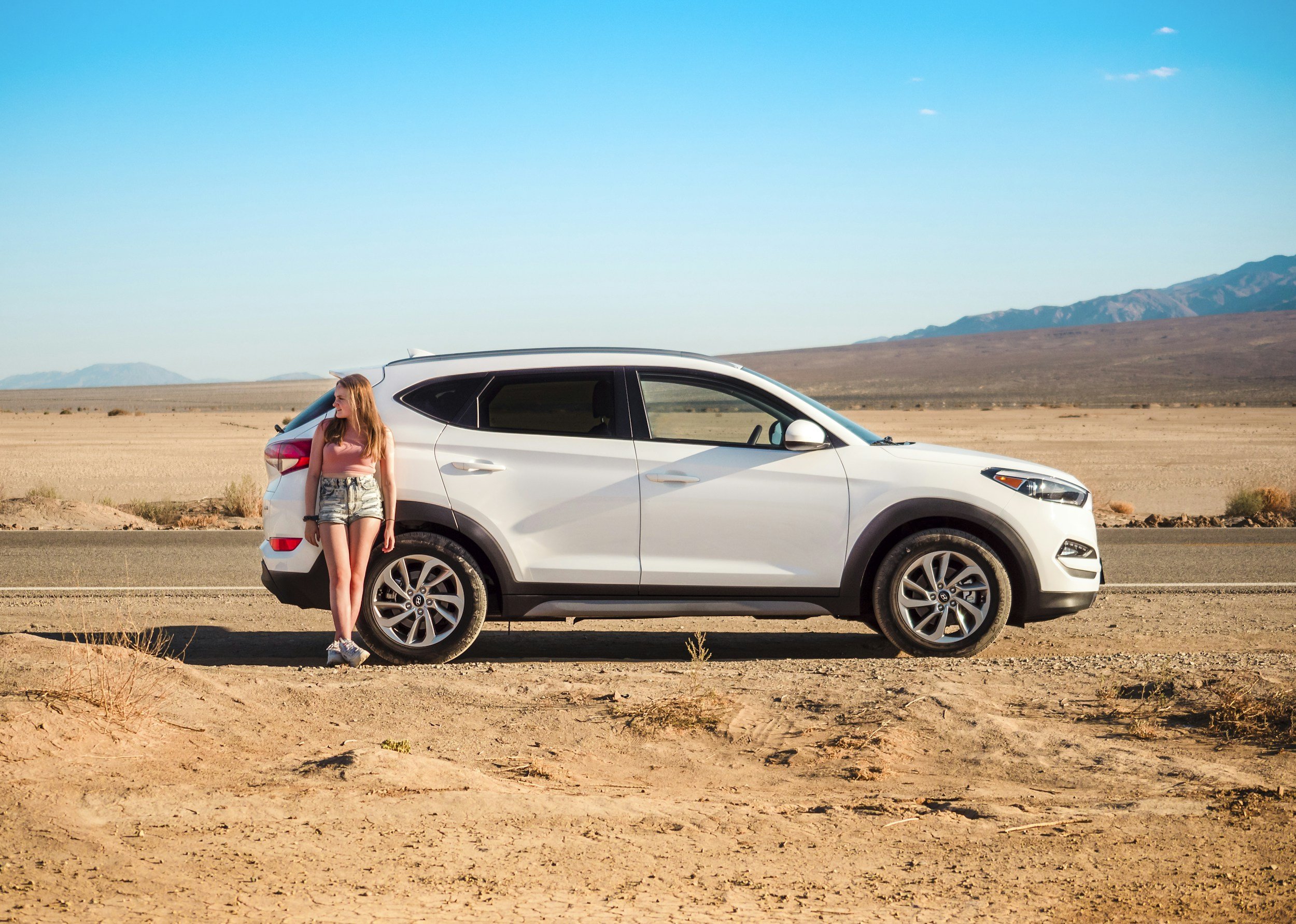What to Check Before Driving Off in a Rental Car
Renting a car is often a convenient solution for travel, whether you're on vacation, a business trip, or simply need a temporary vehicle. However, before you drive off the lot, taking the time to perform a thorough inspection and review is crucial. It ensures you avoid unnecessary charges, understand the vehicle’s features, and have a stress-free rental experience. Here’s a detailed guide on what to look for and why it matters.
Inspect the Car for Damage
One of the first things you should do before getting into your rental car is to inspect it carefully for any visible damage. Walk around the entire vehicle, paying close attention to scratches, dents, or chipped paint on the body. Check for cracks in the windows and mirrors, scuffs on the bumpers, and damage to the wheels. Also check less obvious areas, such as the roof, undercarriage, and even the windshield wipers.
Any damage not documented before you drive away could be blamed on you when you return the car. Rental companies typically inspect vehicles upon return, and any unreported damage can result in charges that are difficult to dispute.
If you notice damage, report it immediately to the rental company’s staff. Ensure that the damage is noted on the rental agreement or a pre-inspection form. Taking this step before leaving the lot protects you from potential liability.
Document the Car’s Condition
While verbal reports and written documentation are helpful, taking your own photos and videos adds an extra layer of protection. Use your smartphone to capture clear, time-stamped images of the vehicle from every angle, including close-ups of any damage.
Be thorough in your documentation. Don’t forget to photograph the car’s interior, including the upholstery, dashboard, and any existing stains or wear. It’s also a good idea to record the fuel gauge and odometer readings.
This visual record can be invaluable if there are disputes about the car’s condition when you return it. Rental companies often rely on their own inspection reports, so having your own evidence ensures you’re covered.
Check the Fuel Level
Most rental agreements operate under a “full-to-full” fuel policy. This means you’re expected to return the car with a full tank of gas, just as it was provided to you. Before driving away, check the fuel gauge to ensure it matches what’s indicated in the rental agreement.
If you find that the gas tank is not full, inform the rental company immediately. They should either update the agreement or provide you with a full tank before you leave. Failing to address this discrepancy could result in unnecessary refueling charges later.
Review the Rental Agreement
Before signing anything, take a moment to thoroughly review the rental agreement. This document outlines the terms and conditions of your rental, including any potential fees or restrictions. Key items to double-check include:
Mileage limits: Some rentals have a daily mileage cap, and exceeding it could result in additional fees.
Insurance coverage: Confirm whether the rental includes basic insurance, and consider if you need extra coverage. Your personal auto insurance or credit card may already provide rental car coverage, potentially saving you money.
Additional fees: Look out for charges for extra drivers, roadside assistance, or equipment like GPS devices or car seats.
If anything in the agreement seems unclear, don’t hesitate to ask the rental staff for clarification. It’s better to fully understand the terms before signing than to deal with surprises later.
Test the Car’s Features
Once you’re ready to get into the car, spend a few minutes testing its features to ensure everything is functioning properly. This includes:
Lights and indicators: Test the headlights, brake lights, turn signals, and hazard lights.
Wipers and washers: Ensure the windshield wipers and fluids are working, especially if you’re traveling during a season with rain or snow.
Air conditioning and heating: Check that the temperature controls function as expected.
Infotainment system: If the car has GPS, Bluetooth, or other features, confirm they’re operational.
You don’t want to discover that critical systems are malfunctioning while on the road. If you notice any issues, report them immediately and request a replacement vehicle if necessary.
Verify Emergency Equipment
Most rental cars come with standard safety and emergency equipment, such as a spare tire, jack, and tools for changing a flat. In some regions, additional items like warning triangles, reflective vests, or first-aid kits may be required by law.
Ask the rental staff to confirm the presence of these items before you leave. While the chance of having a breakdown or being involved in a car accident is rare, having the necessary equipment can be a lifesaver in an emergency.
Plan for Tolls
Depending on your destination, you may encounter toll roads. Some rental vehicles are equipped with electronic toll tags that allow you to pass through tolls without stopping. However, it’s important to understand how these charges will be billed.
What to ask:
Does the vehicle have a toll tag?
How will tolls be charged to you?
Are there any additional service fees for using the toll tag?
If the car doesn’t have a toll tag, ask the front desk clerk about manual payment options and whether you’ll need to carry cash for toll roads.
Review Return Policies
Before leaving the lot, ensure you understand the return process. Note the return location, the time by which the car must be dropped off, and any penalties for late returns. If you’re planning an after-hours drop-off, ask about the procedure for leaving the keys and car.
Being clear on the return policies can save you from unnecessary charges and stress at the end of your rental period.









